If you’re a parent and are considering emigrating, you are likely to be asking yourself how will your child cope with migration? It’s something that is very stressful for all emigrating families, but children can be so resilient and often end up settling into their new countries with much greater ease than us parents!
David Dadic from Pathway Lawyers and Migration Agents has shared with us some tips around helping your children to cope with the migration process.
How Will Your Children Cope With Migration?
The process of migration can be overwhelming and scary for a host of reasons and factors. There is no doubt, however, that the most scary for a parent migrant is how their child or children will transition to a new country. All migrant parents, including myself, have spent many hours awake, fraught with concern and worry, not only about whether taking your child away from their birth country is the right decision, but also whether your child will happily adapt to a completely new and foreign environment.
As hard as it may be to believe, your children will probably surprise you with how quickly and easily they adapt to their new country – especially if they’re younger. For your peace of mind, and to make it ever easier for your kids to adapt, once you arrive there are a few things you can do to make the transition even easier:
1. Start A Routine
Start a routine as quickly as possible – this helps provide continuity between the two countries, and can help bridge the gap. Even if it’s a new routine, get one going and stick to it. Younger children especially can thrive if a structure for each day is put in place.
There are plenty of free local services for young families, such as baby rhyme time and story time at your local library. Going to sessions like this regularly will help create a structure where your children can not only settle in but you can also make new friends.
2. Keep In Touch
Skype or Facetime any friends your child wants to keep in touch with, and of course, video chat with family members regularly – this can help your kids feel more connected, and should help them settle in more smoothly.
3. Make Their Bedroom Their Own
Get your child settled in a comfortable bedroom that makes them feel safe – once it feels like home, they’ll settle into the idea that they’re here for good, and not just on holiday. Bringing a few items from home, even if you aren’t shipping everything, will help them feel like their room is really their own.
4. Make New Friends
Encourage your child to make lots of new friends, which not only gets them (and you) to meet new people, but will also keep them busy if their struggling to settle in.
The ability of kids to make lots of new friends as quickly as possible is significantly improved by the fact that the Australian schooling system is such that most primary schools are suburban-based. Because of that, there is a strong sense of community built around the local school system, where kids and parents spend a lot of time together in the area, both in and out of the school environment.
On any given day, you’ll see hordes of parents and children walking together to and from school in the mornings and afternoons. On the weekends, those same kids and parents will in all likelihood play for the same sports clubs, or spend time in the same local parks. There is a lot of communal interaction which significantly improves and fosters those personal relationships.
The Australian School System
The adapting for South African children to the Australian school system is also made a lot easier by the fact that the Australian school system is similar in many respects to the South African system. The academic year is exactly the same, in that it commences during January and ends in December, and is also divided into four terms.
The schooling years also commence in Grade R (Kindergarten) and runs through to Grade 12 (called Year 12). Albeit that the curriculum may be different in terms of the content taught, it generally isn’t difficult for a child in the same Grade in South Africa to transition to the same Year in Australia.
According to this article by US News & World Report, Australia is the 4th-best country in the world for education, based on two equally weighted country attributes, including a well-developed public education system. Importantly, Australian permanent resident visa holders enjoy the benefit of their children receiving a world-class public education in Australia for free.
Before you leave South Africa, your biggest fear will no doubt be that your children will struggle with the move. It’s impossible not to worry about such things, but your children will surprise you with how easily they settle in.
Pathway Lawyers & Migration Agents has advisors who are uniquely both RMAs and lawyers, so they are well placed to help you with each and every aspect of your move to Australia. If you are already in Australia, they are able to help with all your legal requirements. You can join their Facebook group, Migrating to Australia, where you can have all your questions answered. As a reader of my blog, you can email them for a free consultation too.
Thanks to David for sharing these insights into how your children will cope with migration.
Enjoyed this? Check out David’s other posts on the blog How To Get Consent For Your Child To Move To Australia and I Want To Migrate To Australia: Where Do I Start?

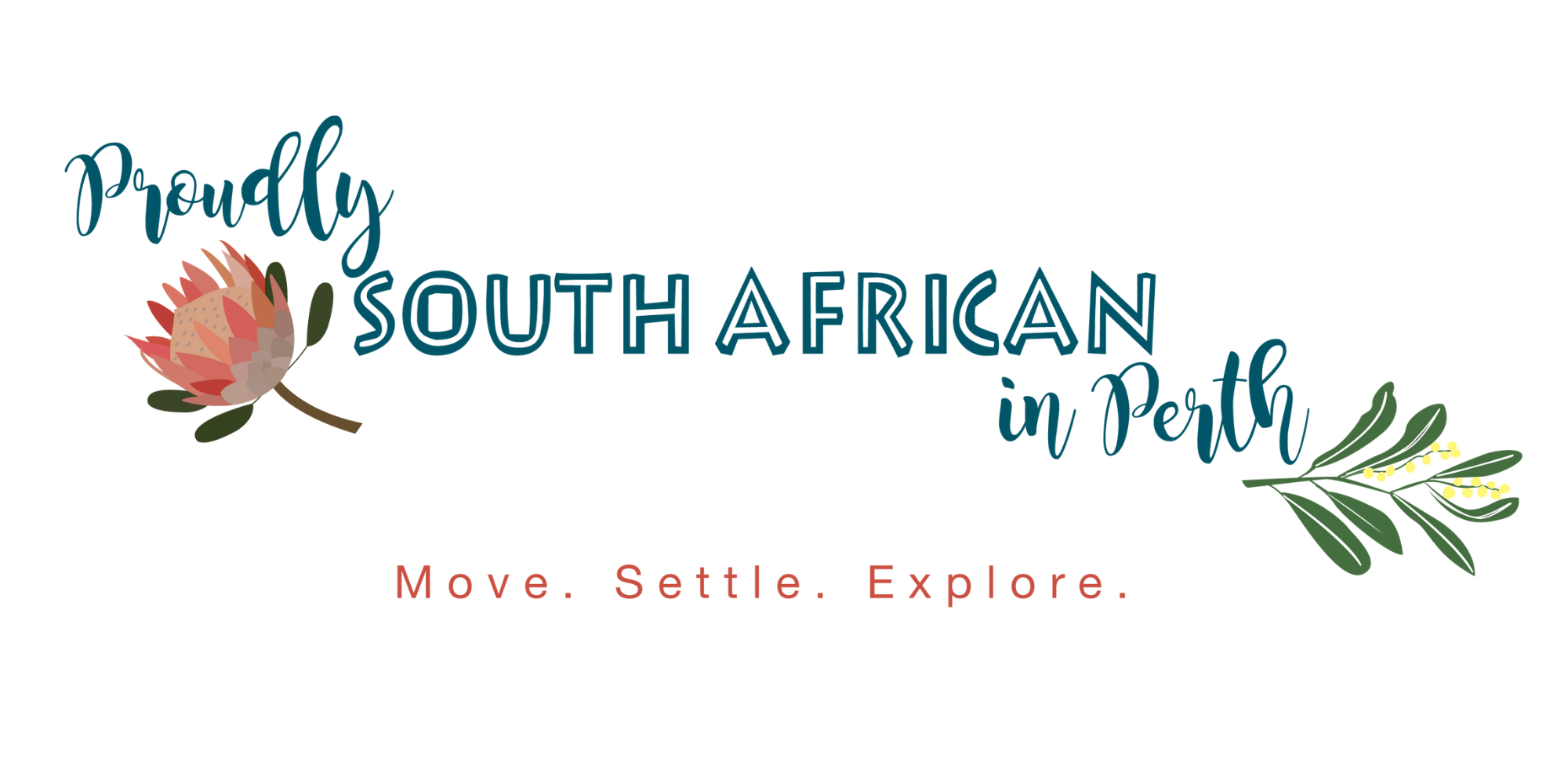
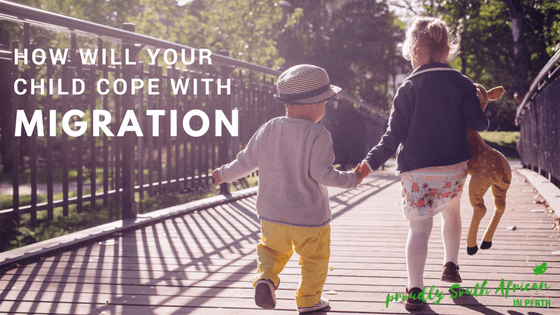
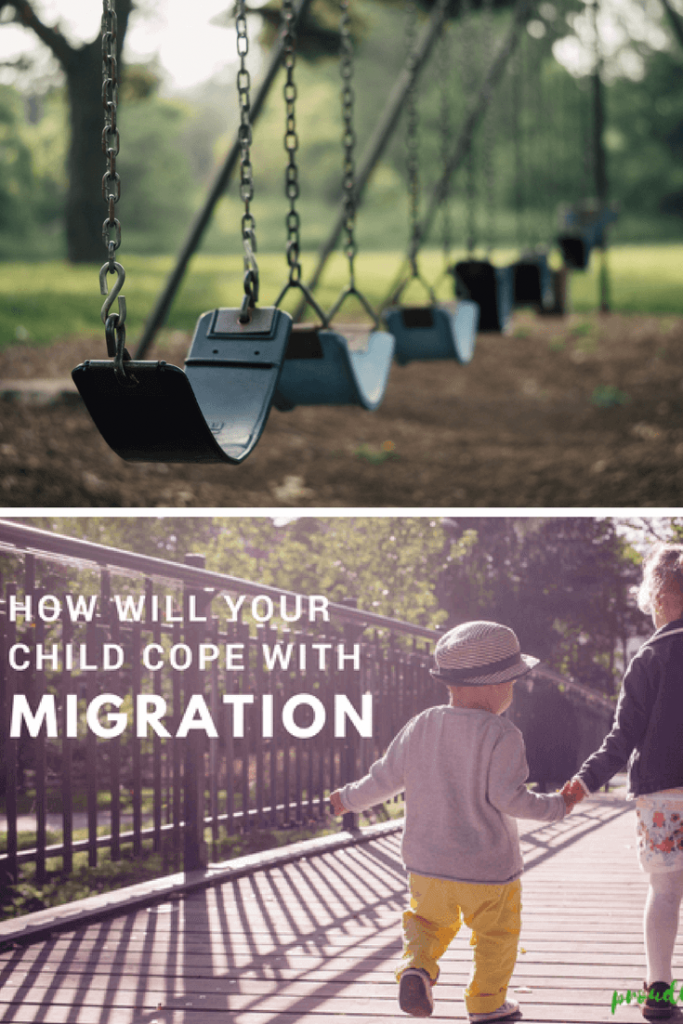
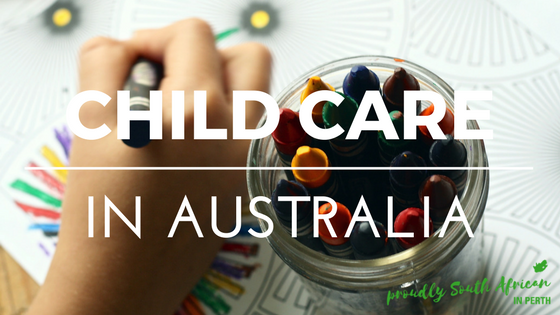
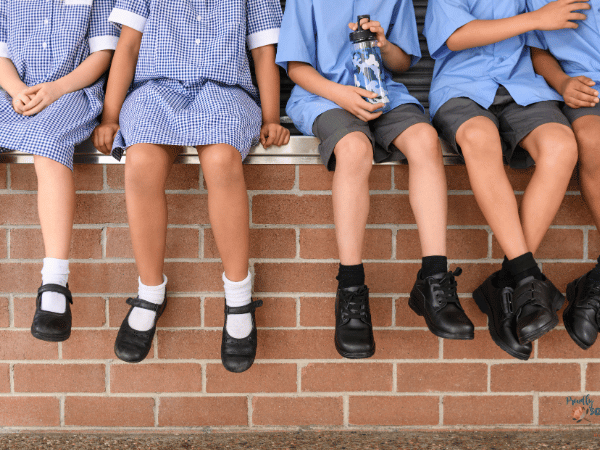

No Comments